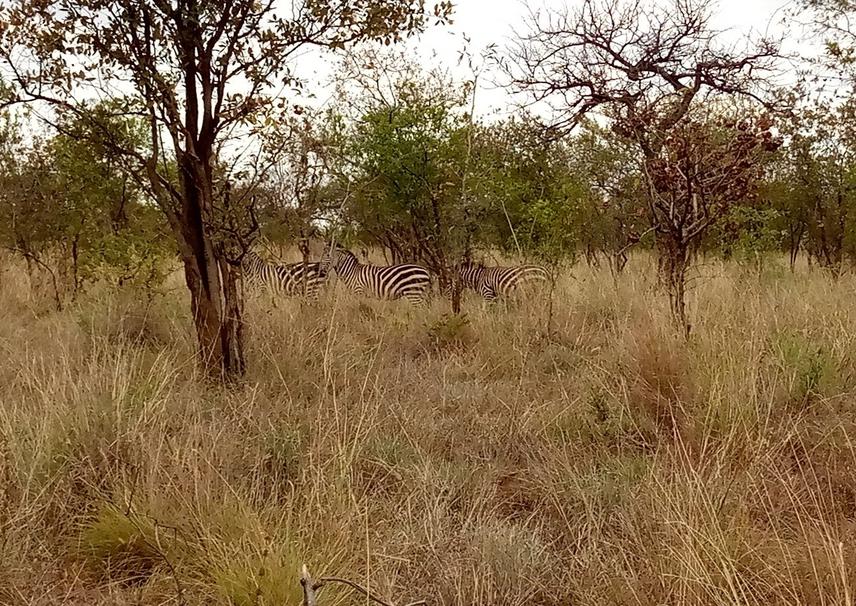Elkana Hezron Misana
Other projects
17 Jul 2024
Estimating Carbon Storage Capacity and Community Sensitization on the Roles of Maasai Alalili Silvo-Pastoral Conservation Systems in the era of Climate Change
Alalili is a traditional conservation system indigenous to Maasai pastoral communities through which certain portions of rangelands are conserved during wet season for grazing during dry seasons. These indigenous conservation systems integrate between livestock and wildlife resources of the northern circuit with regard to availability of forage species. They are giving economic and socio-ecological potentials to Maasai pastoralists, and the surrounding communities as reflected by increased livestock productivity, habitat, biodiversity conservation and tourism services especially in the rural areas of the Northern semi-arid parts of Tanzania.

Zebra grazing in one of the Alalili systems at Kitumbeine village. © Elkana Hezron (2021).
Regardless of their ecological and economic significance, they have been affected by unsustainable land use operations such as overgrazing, extension of crop lands and settlement areas with respect to impacts of climate change. Such drivers including negligence have led to poor health condition of grazing lands hence inadequate fodder for both livestock and wildlife. These disruptions and impacts call for adoption and strengthening indigenous conservation practices for enhanced resilience and sustainability of rangelands with respect to the associated ecosystem goods and services including pastures for livestock and wildlife. Therefore, this study will provide the information useful to address these pressures and alleviate the knowledge gap on the nature, types and distinguished area coverage of Alalili vegetation systems through their characterization and mapping in different land use systems in northern Tanzania.
The study will involve stratified random sampling with the adoption of multistage sampling techniques coupled with the use of topographic maps of the study area. Through participatory field visits and semi-structured interviews (SSI) in support of geographic information system (arc GIS) platform and diversity indices, potential features characterizing Alalili systems will be assessed. This will provide potential information about their effectiveness and efficacy for an enhanced exploration of their suitability and sustainability in different land use systems. Their revival and existence will improve sustainable ecological synergism between livestock and wildlife through enhanced fodder availability for both livestock and wildlife during dry seasons. Besides, it is aimed at improving the quality and quantity of traditionally enclosed pasture rangelands by increasing their numbers, adequacy and their diversities. Hence, it will create community awareness on ecological values and socio-economic significance of Alalili silvo-pastoral conservation systems. Training on other alternative sources of income such as beekeeping for honey and nectary production and tourism services such as game viewing within Alalili systems will be given for household income and livelihood improvement.